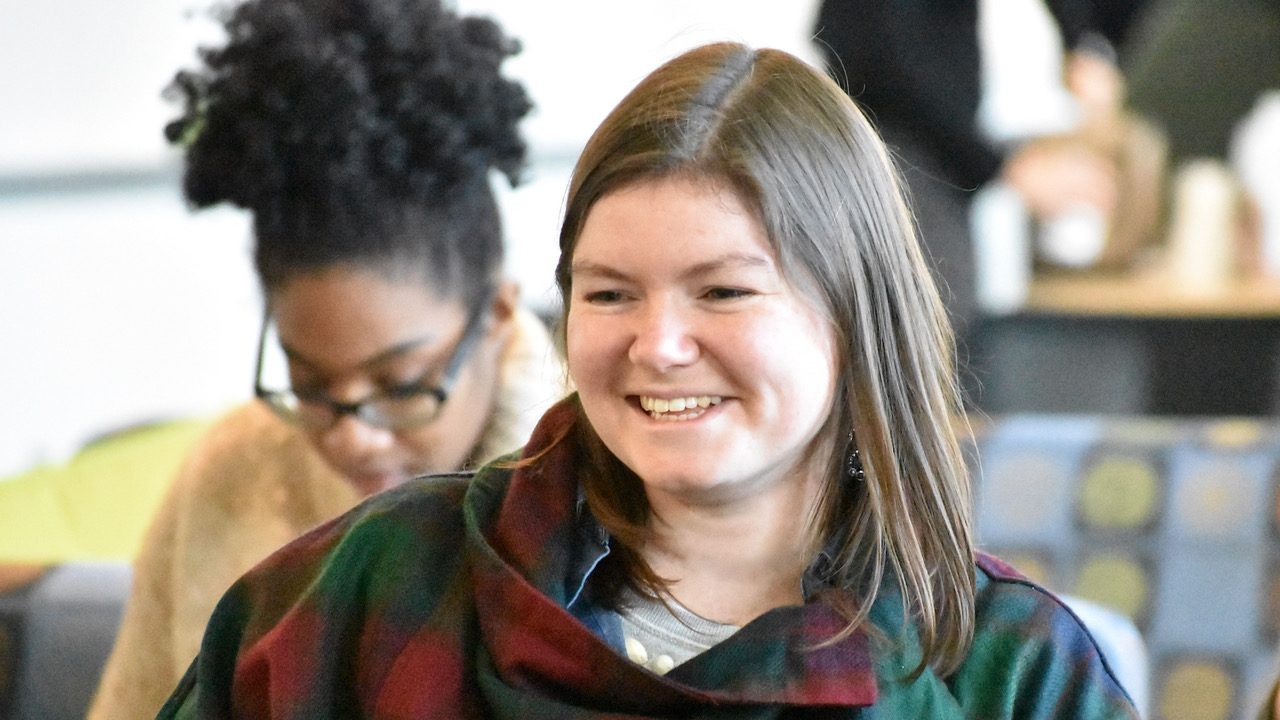BU practice talk extravaganza!

BU practice talk extravaganza!
Linguistics
Friday, September 25, 2020
8:50 am - 2:00 pm
, Online (special link)
September 25, the Acquisition lab and GLLaM will merge into a single, day-long session of BUCLD practice talks, starting at 9:00 and ending at 2:00.
- 8:50-8:55 Arrive in Zoom
- 9:00 Yu'an Yang, Acquisition of belief reports by Mandarin speaking children
- 9:40 Hisao Kurokami, Children’s interpretation of additive particles mo ‘also’ and also in Japanese and English
- 10:20 Adam Liter, Non-actional passives can be comprehended by 4-year olds
- 10:50 Jack Yuanfan Ying, Mandarin-learning toddlers use functional morphemes for grammatical categorization
- 11:20 Break
- 11:50-11:55 Return to Zoom
- 12:00 Mina Hirzel, 19 month-olds parse wh-questions incrementally
- 12:40 Tyler Knowlton, Genericity signals the difference between "each" and "every" in child-directed speech
- 1:20 Thomas Schatz, How to obtain robust predictions from computational models of learning
- 2:00 End

